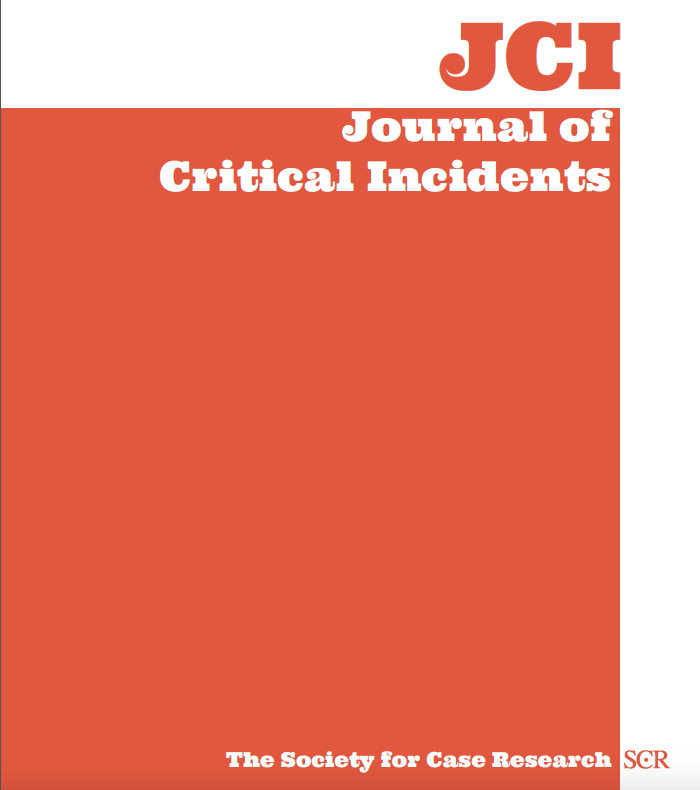Research Note: The Impact of Discipline on the Publication of Cases within the Society for Case Research Journals

Business instructors face significant challenges. In addition to teaching content, theory, and applications in their fields of expertise, instructors must simultaneously convey “qualitative and quantitative analytical skills, decision making skills, oral communication skills, time management skills, interpersonal skills, creative skills and written communication skills” (Leenders et al., 2010, p. 7). Additionally, they must demonstrate how these techniques fit within integrated disciplines that incorporate current, complex, real-world variables. Case studies provide invaluable pedagogical tools in aiding the business professor’s task. Like real-world managerial decision making, cases are often multi-layered and complex, requiring students to sort through information, identify critical issues, and brainstorm solutions (Cellucci et al., 2015).
This research note examines whether all business disciplines benefit equally from a variety of published case studies or if some disciplines are enjoying greater numbers of cases within Society for Case Research (SCR) journals. If inequalities do exist, then identifying these inequities offers three benefits: 1) identifying which disciplines offer greater numbers of published case studies for use within business classrooms; 2) indicating which business disciplines include higher numbers of faculty members who are publishing case studies; and 3) suggesting the potential for variable representation of certain disciplines among reviewers of case studies, which potentially affect the availability of reviewers in certain disciplines
